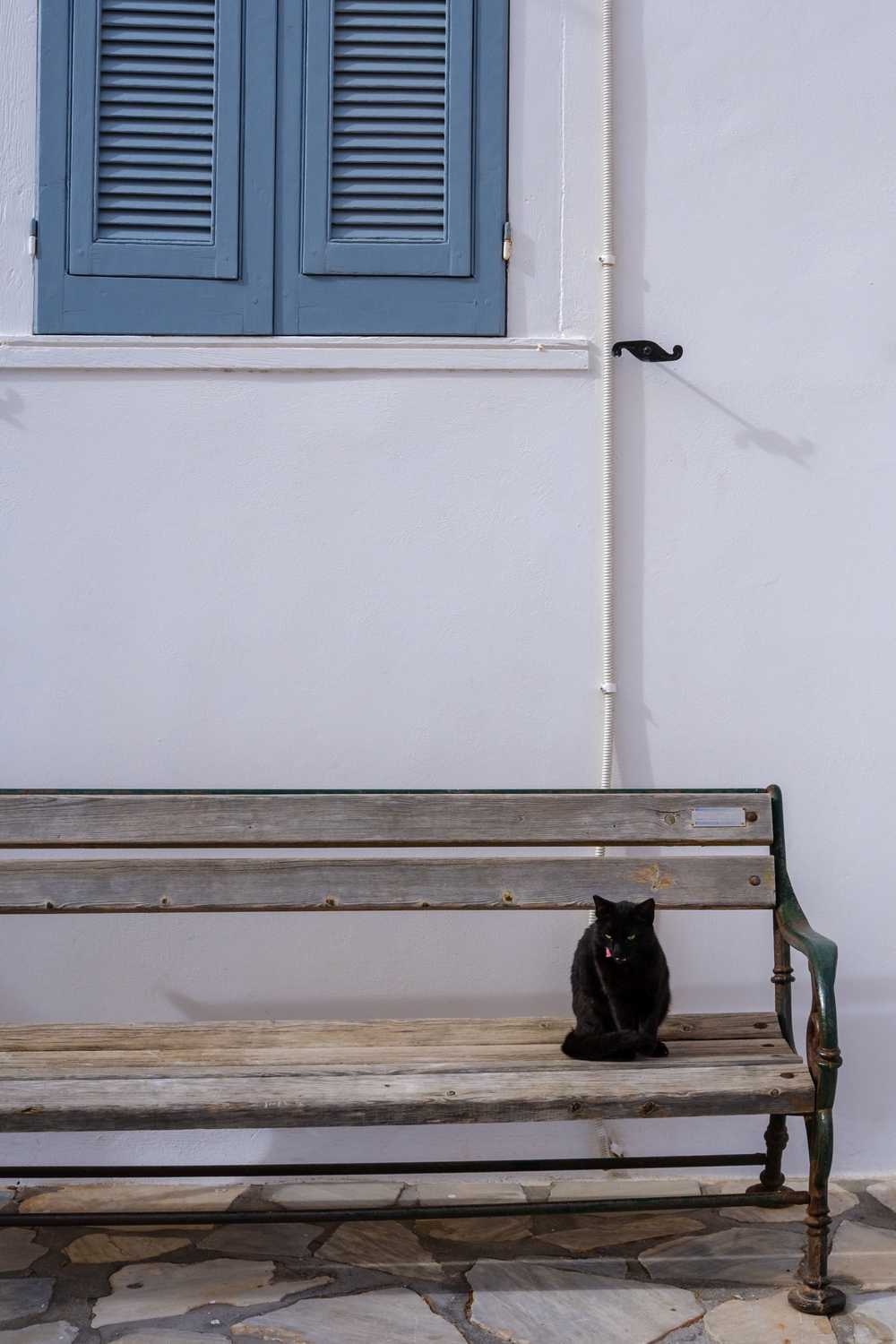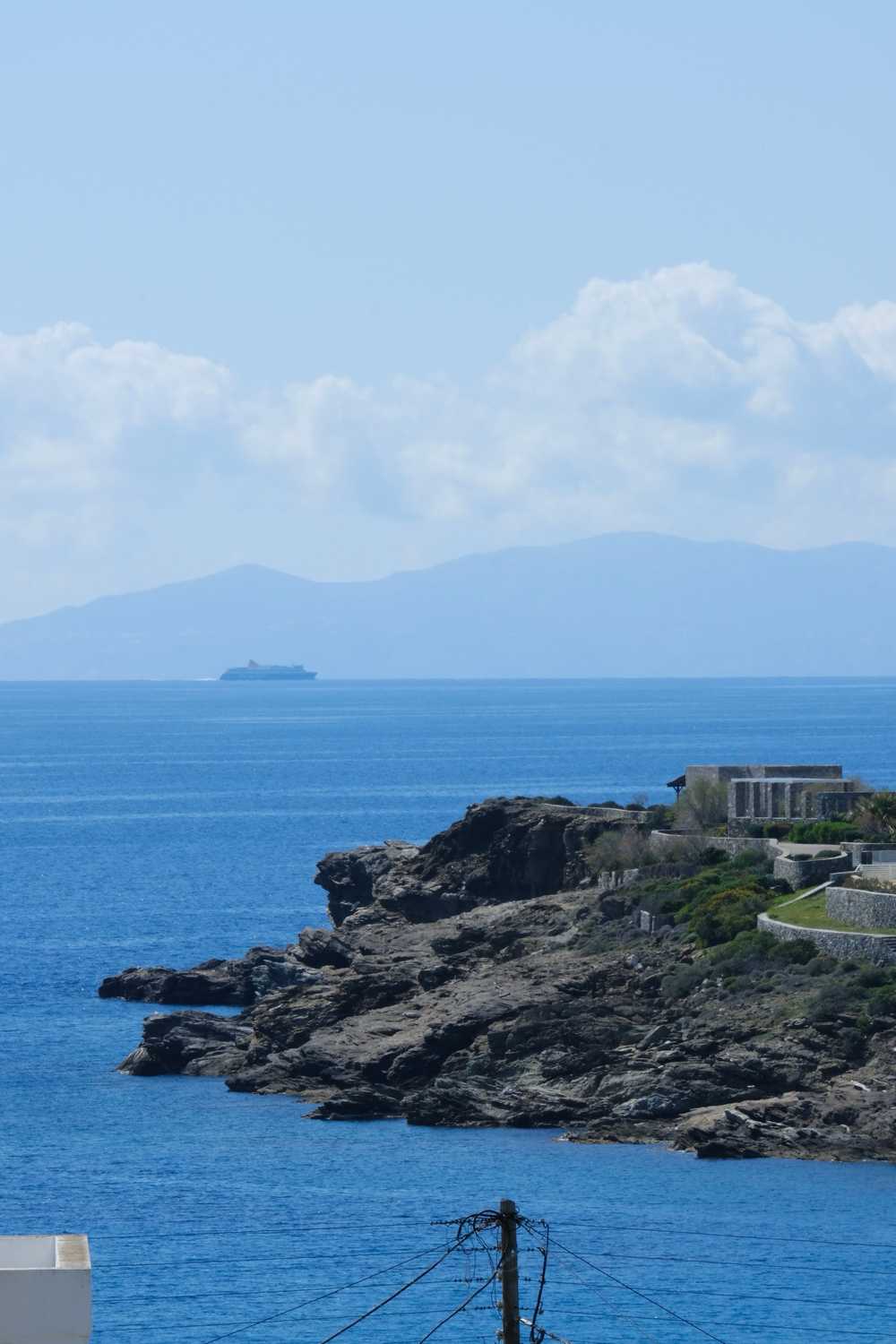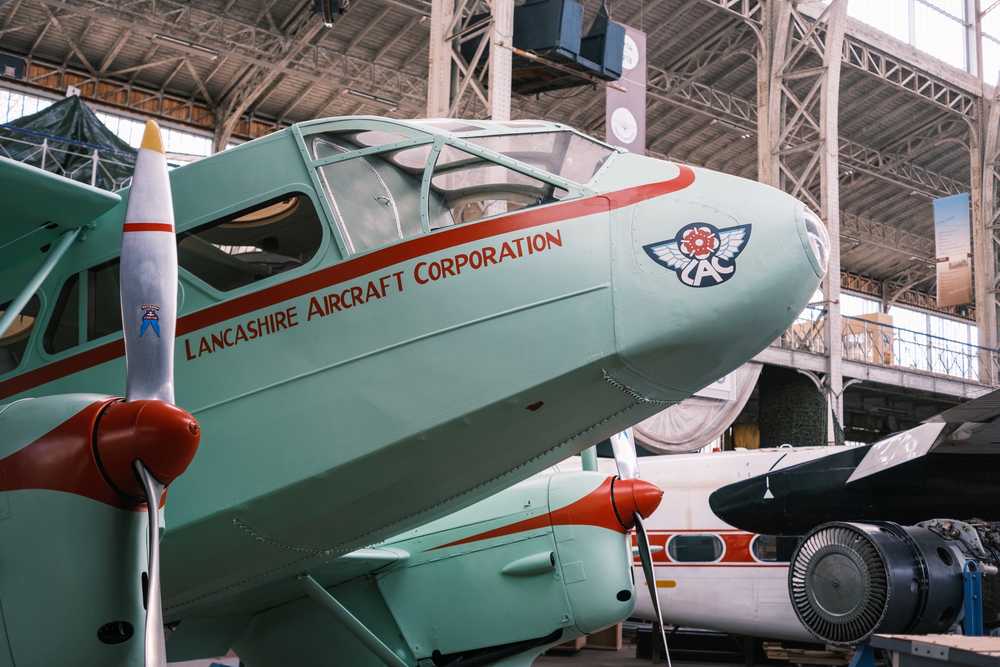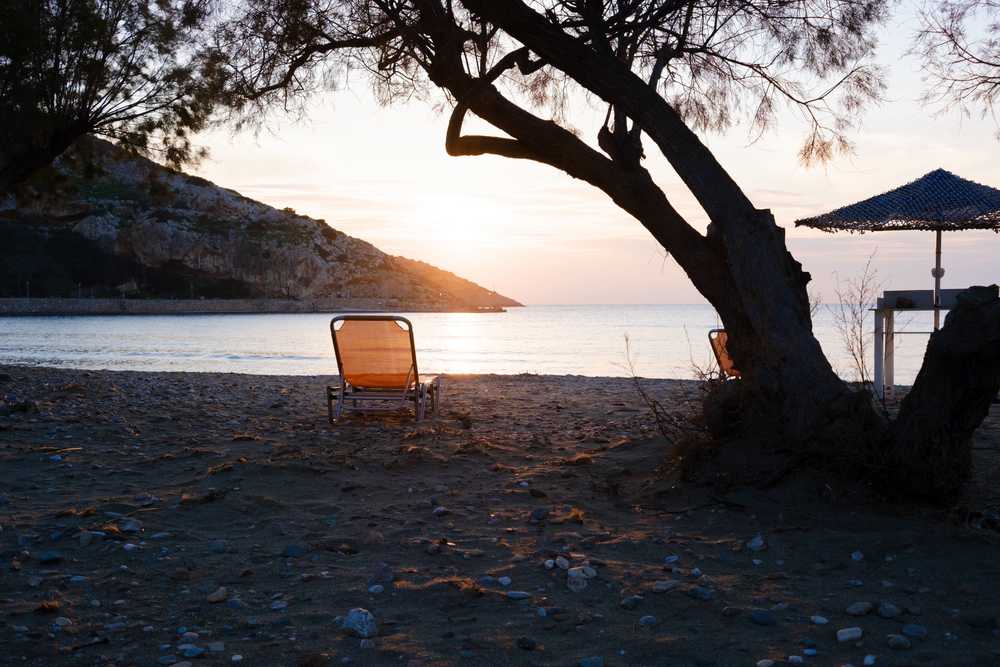French Carte de Séjour renewal in 2024
Related writeups from the past include: applying for and validating French VLS-TS Visiteur visas, including the OFII medical exam; converting visas to Cartes de Séjour in 2022; renewing CdS in 2023.
⚠️ Disclaimer: I'm writing about my own experience going through the renewal process for a Carte de Séjour Visiteur, in Strasbourg (department 67, Bas-Rhin), in the last half of 2024. I hope this information can be helpful, but please note that the process will vary between prefectures and from year to year. As always, if you run into issues I highly recommend the Legal France facebook group
en, where experts answer questions and offer advice on specific problems.
This is our second time renewing Cartes des Séjour in Strasbourg, and our processing times were much slower (23 weeks) this time around compared to our experience last year (9 weeks). We did receive extensions throughout, and at no point was our presence in France "irregular" (staying past an expiration date, even though the application had been submitted).
The renewal application is still simple
Like last year, we submitted financial documents and 'titre de séjour' ePhotos at Photomatonfr. Based on last year's experience, I requested extended-duration social security attestations from l'Assurance Maladie (Ameli)fr; they replied that it was impossible, as expected, so I submitted that reply with the official coverage documents. This was perhaps not a wasted step, but I did receive a request in mid-November for an updated attestation, so ymmv.
In January an additional request (and extension) came through, looking for a signed copy of the "contrat d’engagement à respecter les principes de la République française" — a document we definitely signed and submitted at the original filing time. Not sure what that's about, perhaps there was an issue with how it was signed.
Processing times are much slower than in 2023
⚠️ It's possible to log in early and see dates for your application window around 6 months before expiration. Apply as soon as you can!
Last year, our applications were in processing within 3 weeks of applying. That does not seem to be the case this fall!
A reader who emailed with some questions also shared updates on their timeline. They applied on 6 September 2023 and heard nothing until 15 October, when a request came back for a scan of their birth certificate. After doing so, their application was approved on 21 October. If you're in Paris like them, processing times seem like they are currently around 6 weeks, but that has not been our experience in Strasbourg.
Approval received after 23 weeks
Our applications were officially submitted on 12 September, 2024. Approval was received on 21 February, 2025, a 23 week processing time.
Our 2024 Carte de Séjour timeline:
2024-09-12 → applications submitted
2024-11-18 ⇇ additional information requested
2024-11-18 ← CdS extension: 2025-02-17
2024-11-18 → information submitted to DGEF
2025-01-27 ⇇ additional information requested
2025-01-27 → information submitted to DGEF
2025-01-27 ← CdS extension: 2025-04-26
2025-02-21 ⇇ approvals received




